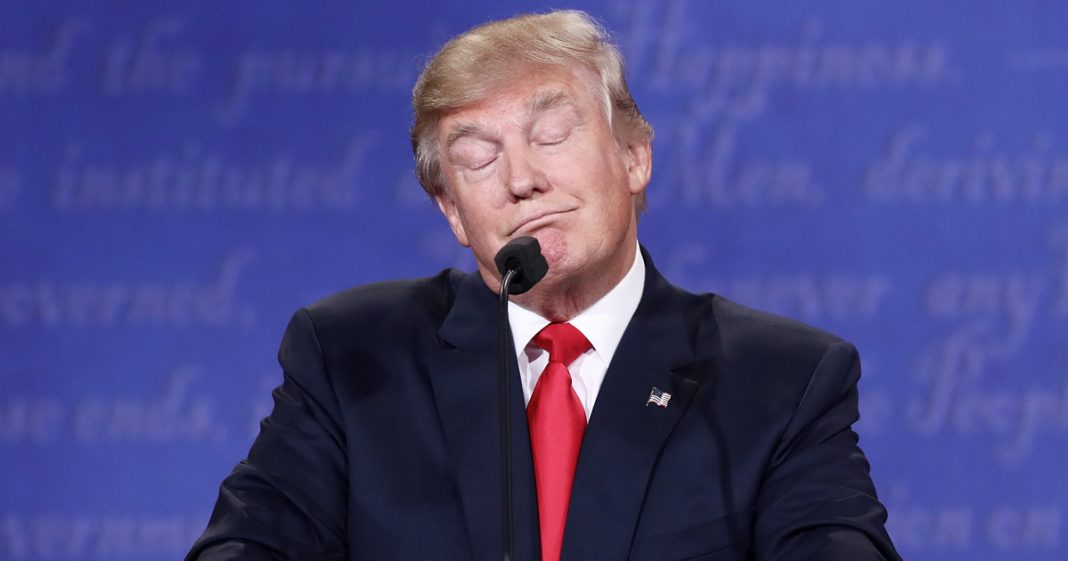On Saturday, CNN reported that President Donald Trump has yet to fill almost 2,000 appointed positions within his administration. While some of these positions, while important, are not crucial to the success of the administration, at least in the short term, other vacancies seem to be affecting the day-to-day operation of key government functions.
However, Trump has addressed a plan to fill many of these positions: he simply won’t. In an interview that aired on Fox News Tuesday morning, the President said, “in many cases, we don’t want to fill those jobs.” Touting that he wants to trim the fat, Trump went on to say that he is “running a very good, efficient government.”
While we could possibly live without some of the positions, like appointments to the Railroad Retirement Board or the Christopher Columbus Fellowship Foundation, others are more critical.
The Department of State, which is facing massive budget cuts from the administration, has 197 openings (as of February 23), including more than a dozen assistant secretary roles. Most glaringly, Secretary of State Rex Tillerson is acting without a press secretary, forcing Sean Spicer to answer questions about foreign relations, even situations that he may not have been briefed on. In other instances, the American public has had to rely on other countries to inform us about foreign actions. The Department of State had typically held almost daily briefings, but has not held one in over a month.
Trump had previously blamed Democrats in the Senate for slowing down his appointment process. However, over two-thirds of the appointments do not require Senate approval. So why isn’t Trump making these appointments? There are various reasons aside from simply wanting to streamline the government. Many of the positions are traditionally picked by the cabinet members that oversee them. When dealing with cabinet appointments that come from outside the government, the learning curve can be steep. Several of Trump’s appointments have zero government experience. Recently confirmed Secretary of Commerce Wilbur Ross, for instance, may be well versed in trade from his 25 years leading a private equity firm. However, he may not understand the structure of the department he is tasked with leading and could struggle to fill its 123 openings.
Another reason the administration may find it difficult to fill positions is a lack of interest. The President has already been turned down several times when trying to fill key roles. Earlier this month, former Navy SEAL Robert Harward turned down the President’s offer to become national security adviser, with sources close to Harward saying he described the job as a “s**t sandwich.” The chaotic nature of the administration, paired with Trump’s insistence on meddling in the minutia of individual departments may make other potential appointees hesitant to accept.
While the process of building an administration can be a lengthy ordeal, President Trump has decided that inaction is his best move, while the key government posts struggle to continue business as usual.




![Senator Schumer: “Single Payer [Health Care] is On The Table”](https://sandbox.trofire.com/wp-content/uploads/2017/07/Universal-Healthcare-218x150.jpg)